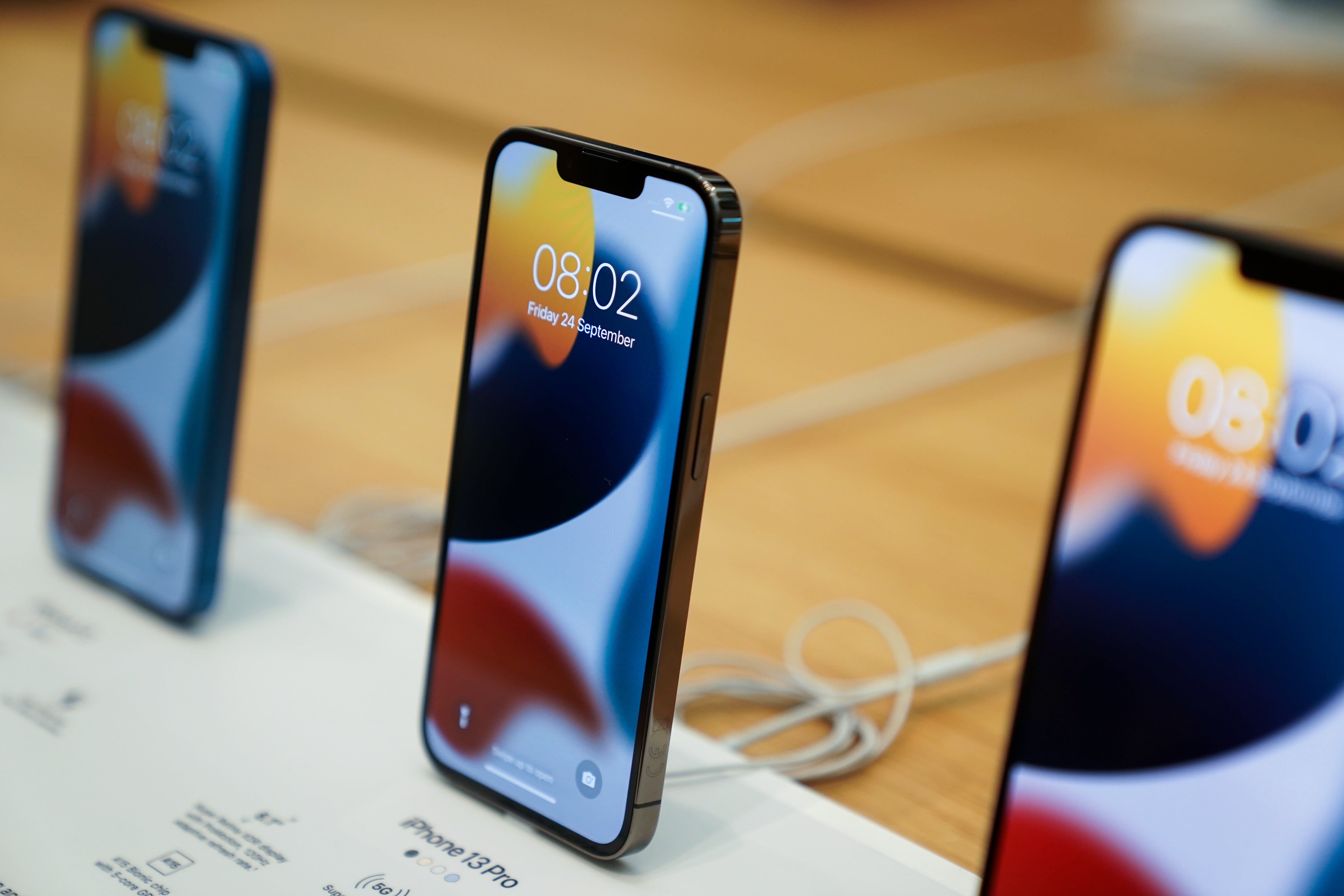Is my phone listening to me? New report leads to worry that devices are snooping

A new report claims that a company has finally admitted that our phones are really listening to us to send us targeted advertising.
The report detailed a presentation from Cox Media Group that claims it has “Active Listening” technology that lets it hear what customers say around their devices – and then use that data to target ads.
It comes after years of concerns from users of phones, smart speakers and other internet- and microphone-enabled devices that they are being surveilled by those same devices.
But there is no indication that the technology is actually used – let alone by other companies that have been implicated in the report, such as Facebook and Google.
And there is plenty of evidence to suggest that much of what we think is the result of being listened to by our devices is actually just the result of their detailed tracking of us in other ways.
What does the new report say?
The new report comes from a marketing presentation by Cox Media Group, or CMG, in which it said it could help tailor advertising using data gathered from its “Active Listening” tool, which uses people’s microphones to hear what they are talking about. It was published by 404 Media, an online publication that previously detailed claims by CMG that it was able to listen to what users were saying around their devices.
It points to other “partners”, including Facebook, Google and Amazon. But it does not explicitly say that those companies are using the listening technology, and they have denied listening to their users.
CMG did not respond to a request for comment from The Independent.
Why do people think their devices are listening to them?
There are two big reasons.
The first is that marketing is often so astonishingly relevant that it feels like the only way it could have happened is by listening to us talk. Many people will have had or at least heard about the experience of discussing something
The second is that many of the devices that surround us are made by companies that really do track our behaviour in order to target their advertising. It seems to make sense that they would use our microphones, given how much valuable data could be extracted from what they hear.
Don’t those things prove it?
Not necessarily. There are plenty of other explanations for both of those things.
The first is that tracking is so advanced that it can seem like it is impossible: companies don’t need to hear what you are saying to know what you might have been talking about. Many advertising companies have detailed data on people, such as their demographic makeup, which allow them to accurately guess what they might be interested in.
Another partial explanation might be the idea of the “frequency illusion”, which is sometimes known as the Baader–Meinhof phenomenon. That refers to the way that things seem to come up more often soon after you have become aware of them. You might ignore nine out of ten adverts, for instance – but the last one might contain something relevant to a recent discussion, which might make it feel like it must have come up from that discussion.
What protections are in place to stop companies listening?
Both iPhones and Android devices have privacy indicators that show when an app is accessing the microphone or camera. These are required by the operating system and cannot be bypassed by apps – so whenever you see the indicator in the corner of the screen, it shows that an app could be recording you.
Such features are less present on other platforms, such as smart speakers like those made by Google and Amazon. Both of those do have hardware mute buttons, however – so that pressing them will make it impossible for the microphone to actually be used.
Ultimately all of those protections rely on trust, like so much of the internet. But there is nothing yet to indicate that any of the major manufacturers or software companies are really not living up to what they say on privacy, at least through microphones.
What do the companies say?
Concern that our devices are listening to us are so widespread that companies have been forced to address it. The accusations are most often pointed at Meta, which has a special part of its website devoted to the question of whether it is listening to people.
“We understand that sometimes ads can be so specific, it seems like we must be listening to your conversations through your microphone, but we're not. We only use your microphone if you've given us permission and are actively using a feature that requires the microphone.”
(That latter point – that Instagram and others do require access to the microphone for legitimate features such as recording video – are the reason that sometimes those indicators mentioned before will show when in the app. But you can turn those permissions off on both Android and iOS, though you will no longer be able to record videos with sound.)
Other companies have made much the same denials, whenever they have spoken out about it.
Join our commenting forum
Join thought-provoking conversations, follow other Independent readers and see their replies
Comments